If you were captivated by the thought-provoking themes and dystopian setting of 'Gattaca' (1997), you're in for a treat. This article explores 10 movies and TV shows that share similar elements of genetic engineering, societal discrimination, and the human spirit's triumph over adversity. Whether you're a sci-fi enthusiast or simply love a gripping narrative, these recommendations will satisfy your craving for more stories like 'Gattaca.'
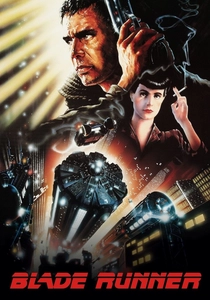
Blade Runner (1982)
Description: Like Gattaca, Blade Runner explores themes of identity, humanity, and the ethical implications of genetic engineering and artificial life. Both films are set in dystopian futures where technology has blurred the lines between human and artificial beings. The visual aesthetics of both films are dark and moody, emphasizing the oppressive nature of their worlds.
Fact: Blade Runner is based on Philip K. Dick's novel 'Do Androids Dream of Electric Sheep?' The film initially underperformed at the box office but later became a cult classic. There are multiple versions of the film, with the Director's Cut being the most acclaimed.
 Watch Now
Watch Now 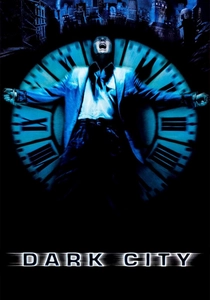
Dark City (1998)
Description: Dark City shares Gattaca's themes of identity and the manipulation of human lives by unseen forces. Both films feature protagonists who uncover the truth about their existence in a controlled, dystopian world. The visual style of both films is noir-inspired, with a focus on creating a moody, atmospheric setting.
Fact: The film was directed by Alex Proyas, known for his visually striking films. It stars Rufus Sewell, Kiefer Sutherland, and Jennifer Connelly. The film's director's cut is considered superior to the theatrical release.
 Watch Now
Watch Now 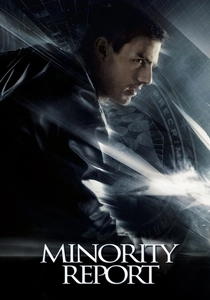
Minority Report (2002)
Description: Minority Report shares Gattaca's exploration of a future where technology has advanced to the point of predicting and controlling human behavior. Both films question the morality of such advancements and feature protagonists who fight against a system that seeks to control their destinies. The visual style of both films is sleek and futuristic.
Fact: The film is based on a short story by Philip K. Dick. Steven Spielberg directed the film, starring Tom Cruise. The film's futuristic technology was consulted by real scientists to make it plausible.
 Watch Now
Watch Now 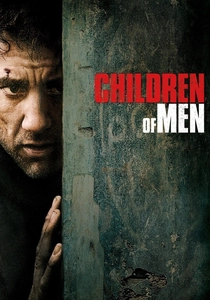
Children of Men (2006)
Description: Children of Men, like Gattaca, presents a dystopian future where humanity faces existential threats. Both films explore themes of hope and resistance in the face of overwhelming odds. The cinematography in both films is striking, with long, immersive takes that draw the viewer into the world.
Fact: The film is based on P.D. James' novel of the same name. Alfonso Cuarón directed the film, known for his innovative cinematography. The film was nominated for three Academy Awards.
 Watch Now
Watch Now 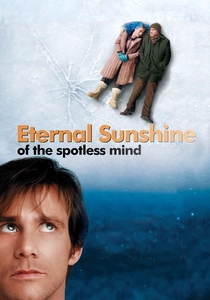
Eternal Sunshine of the Spotless Mind (2004)
Description: This film, like Gattaca, explores the complexities of human identity and memory. Both films use innovative storytelling techniques to delve into the psyche of their protagonists. The emotional tone of both films is bittersweet, blending romance with existential questions.
Fact: The film was written by Charlie Kaufman and directed by Michel Gondry. It stars Jim Carrey in a rare dramatic role. The film won the Academy Award for Best Original Screenplay.
 Watch Now
Watch Now 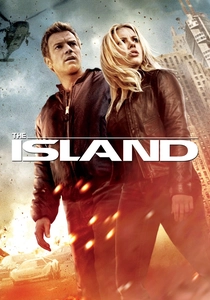
The Island (2005)
Description: The Island, like Gattaca, delves into the ethics of cloning and genetic manipulation. Both films feature protagonists who discover they are part of a larger, sinister system that controls their lives. The themes of rebellion against a oppressive system and the quest for freedom are central to both stories.
Fact: The film was directed by Michael Bay, known for his action-packed movies. It stars Ewan McGregor and Scarlett Johansson. The film's plot was inspired by the 1979 film 'Parts: The Clonus Horror'.
 Watch Now
Watch Now 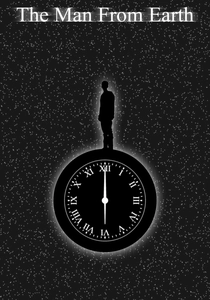
The Man from Earth (2007)
Description: The Man from Earth, like Gattaca, is a thought-provoking sci-fi film that relies more on dialogue and ideas than on special effects. Both films explore deep philosophical questions about identity, existence, and the human condition. The intimate storytelling in both films creates a powerful emotional impact.
Fact: The film was written by Jerome Bixby, a veteran sci-fi writer. It was made on a very low budget, with most of the action taking place in a single room. The film has gained a cult following for its intellectual depth.
 Watch Now
Watch Now 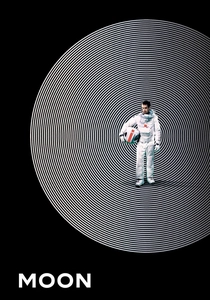
Moon (2009)
Description: Moon shares Gattaca's themes of isolation and the ethical implications of cloning. Both films feature protagonists who discover unsettling truths about their existence. The minimalist and atmospheric storytelling in both films creates a sense of tension and introspection.
Fact: The film was directed by Duncan Jones, David Bowie's son. It stars Sam Rockwell in a critically acclaimed performance. The film was made on a relatively low budget but received widespread praise.
 Watch Now
Watch Now 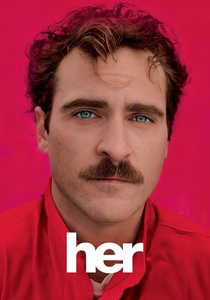
Her (2013)
Description: Her, like Gattaca, examines the relationship between humans and technology, albeit in a more emotional and less dystopian manner. Both films explore the boundaries of love and connection in a world where technology plays a central role in human lives. The tone of both films is introspective and melancholic.
Fact: The film was written and directed by Spike Jonze. Joaquin Phoenix stars as the lead, with Scarlett Johansson voicing the AI. The film won the Academy Award for Best Original Screenplay.
 Watch Now
Watch Now 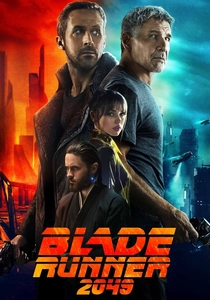
Blade Runner 2049 (2017)
Description: This sequel to Blade Runner shares Gattaca's themes of identity and what it means to be human. Both films feature protagonists who grapple with their own existence in a world where genetic and technological advancements have created societal divisions. The cinematography in both films is stunning, with a focus on creating a visually immersive experience.
Fact: Denis Villeneuve directed the film, taking over from Ridley Scott. The film won two Academy Awards for Best Cinematography and Best Visual Effects. It took 35 years for a sequel to be made after the original Blade Runner.
 Watch Now
Watch Now 








